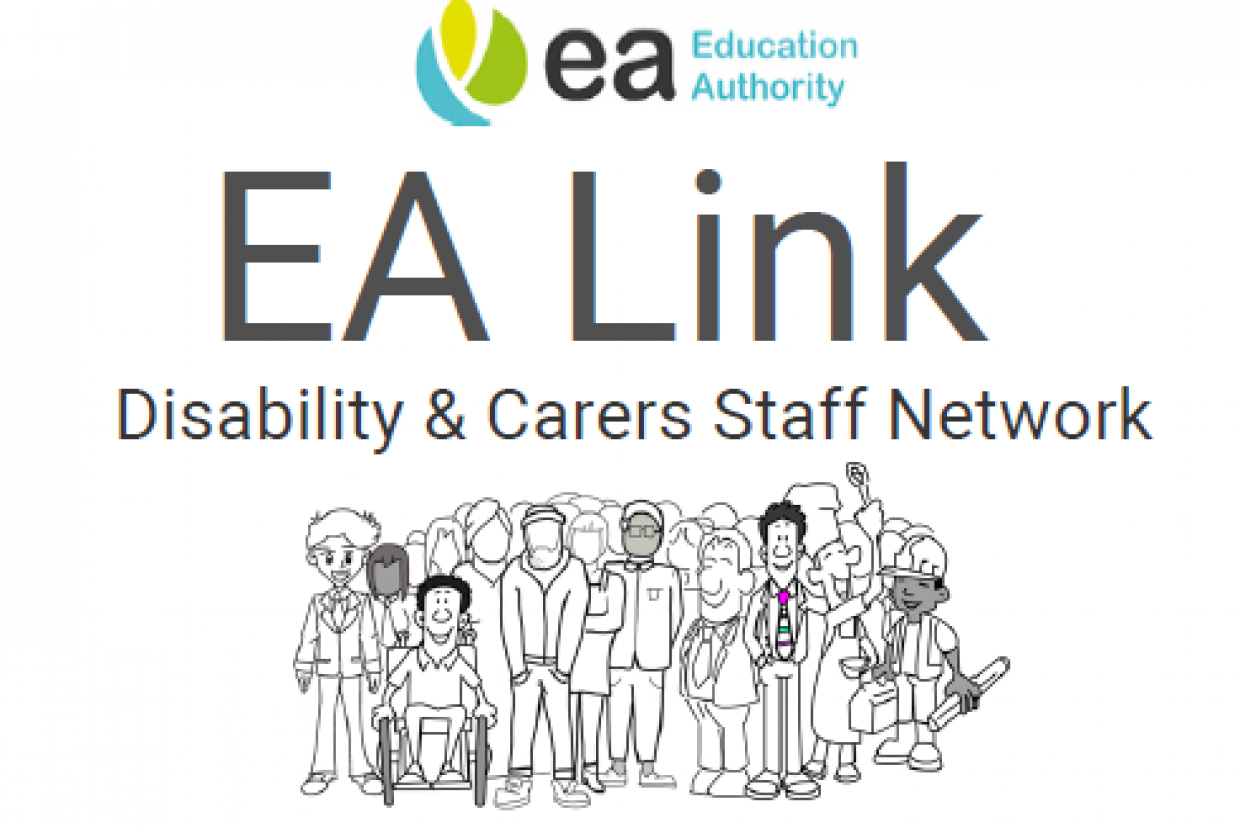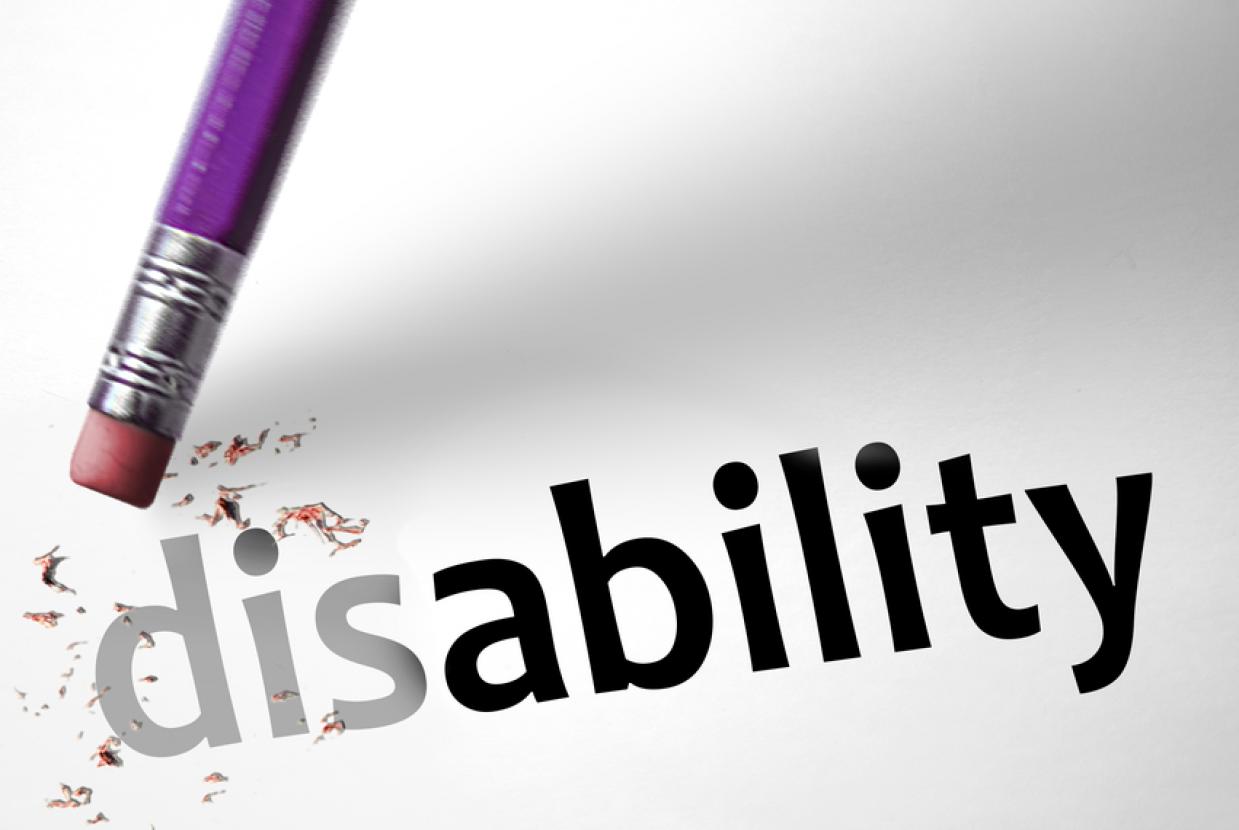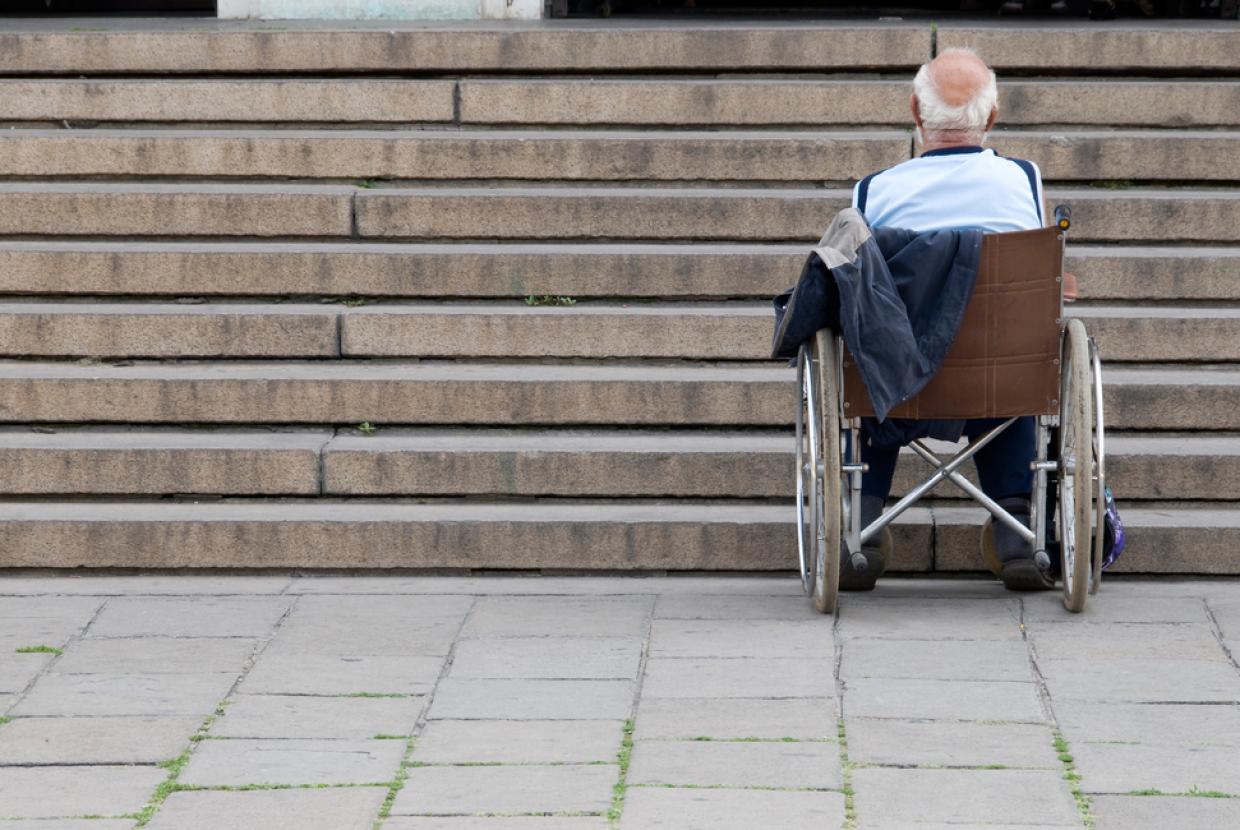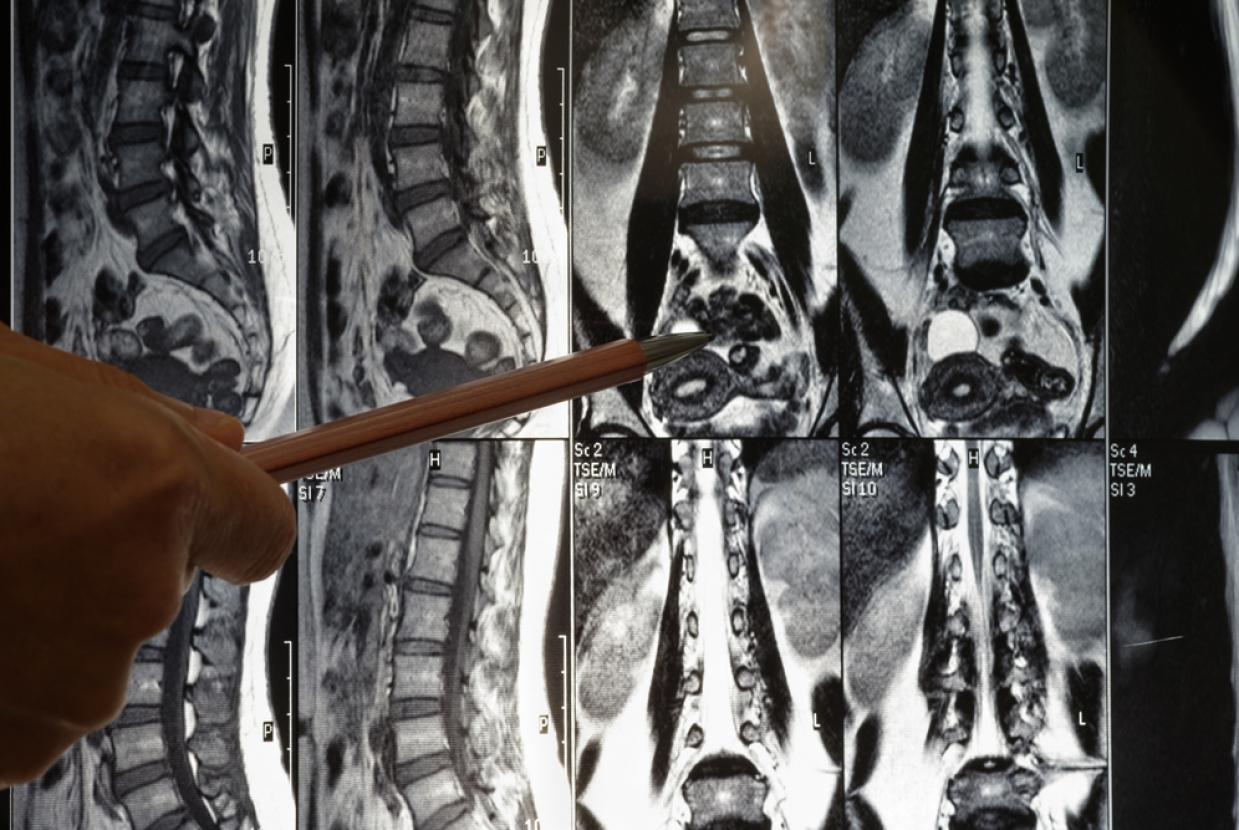Annual Health Checks
People with a learning disability often have poorer physical and mental health than other people. This does not need to be the case. Annual health checks are for adults and young people aged 14 or over with a learning disability.
An annual health check helps you stay well by talking about your health and finding any problems early, so you get the right care. You do not have to be ill to have a health check – in fact, most people have their annual health check when they're feeling well.
If you are worried about seeing a doctor, or there is anything they can do to make your appointment better, let the doctor or nurse know.
They can make changes to help you. These are called reasonable adjustments.
Who's eligible?
Anyone aged 14 or over who's on their GP's learning disability register can have a free annual health check once a year. You can ask to go on this register if you think you have a learning disability.
The learning disability register is different from the register of social care needs managed by local councils. Check with your GP practice if you or the person you care for is on the register.
Who can have an annual health check?
Anyone aged 14 or over who is on their doctor's learning disability register can have a free annual health check once a year.
You can ask to go on this register if you think you have a learning disability.
Check with your doctor's practice if you or the person you care for is on the register.
How will an annual health check help?
You will get to know your doctor better. The doctor will also be able to spot any health problems sooner so that you get the treatment you need to stay well.
You can ask your doctor questions about your health and tell them how you are feeling.
You can also talk about any treatment you are having or medicine you use.
How do you get an appointment?
Adults and young people aged 14 or over with a learning disability who are on the doctor's practice learning disability register should be invited by their doctor to come for an annual health check.
Most doctors offer annual health checks to people with a learning disability. But they do not have to offer this service.
If your doctor's practice has not offered you an annual health check, you can ask them if you can have one.
If they say no, ask your local community learning disability team to help you get one.
What happens during the annual health check?
You might see different health professionals. These might include a doctor, a pharmacist, a nurse or a healthcare assistant. They have all had extra training to be able to do the health check.
During the health check, the health professional will:
- do a physical check-up, including weight, heart rate and blood pressure
- they may ask you to pee in a small pot for them to check your urine, or ask you to have a blood test
- talk to you about staying well and if you need any help with this
- ask about things that can be more common if you have a learning disability, such as epilepsy, constipation or problems with swallowing (dysphagia), or with your eyesight or hearing
- talk to you about your medicines to make sure you are being given the right medicines when you need them
- check to see if your vaccinations are up to date
- check how you are feeling if you have a health problem such as asthma or diabetes
- check to see if you have any other health appointments
- ask if your family or carers are getting the support they need
- help make sure that things go well when children move to adult services at the age of 18
Sometimes people with a learning disability or autism are given medicines they may not need.
You will be asked if you are OK (give your consent) with sharing your health information with other health services to make sure you get the right support if you go to a hospital, for example.
Your parents or your main carer may be able to do this for you if you are not able to.
The health professional can give you health information, such as advice on healthy eating, exercise, contraception or stopping smoking.
Making reasonable adjustments for you
The NHS has to make it as easy for disabled people to use health services as it is for people who are not disabled. This is called making reasonable adjustments.
Ask your doctor if you need any reasonable adjustments, such as:
- using pictures, large print or simpler words to say what's happening
- booking longer appointments or having a carer with you
- putting an appointment at the beginning or end of the day, if you find it hard to be in a busy waiting room
The reasonable adjustments you need should be written down in a health profile or health action plan that the doctor or nurse can use.
Do you have to have an annual health check?
No. You can choose if you want to have an annual health check or not.
You can ask the doctor or nurse for more information about annual health checks before you decide.
You will be asked if you are OK (give your consent) with having any tests or procedures before you have them.
Is it the same as the NHS Health Check?
No. The NHS Health Check programme is for all adults aged 40 to 74.
It assesses their risk of heart disease, stroke, kidney disease, diabetes and dementia every 5 years.













